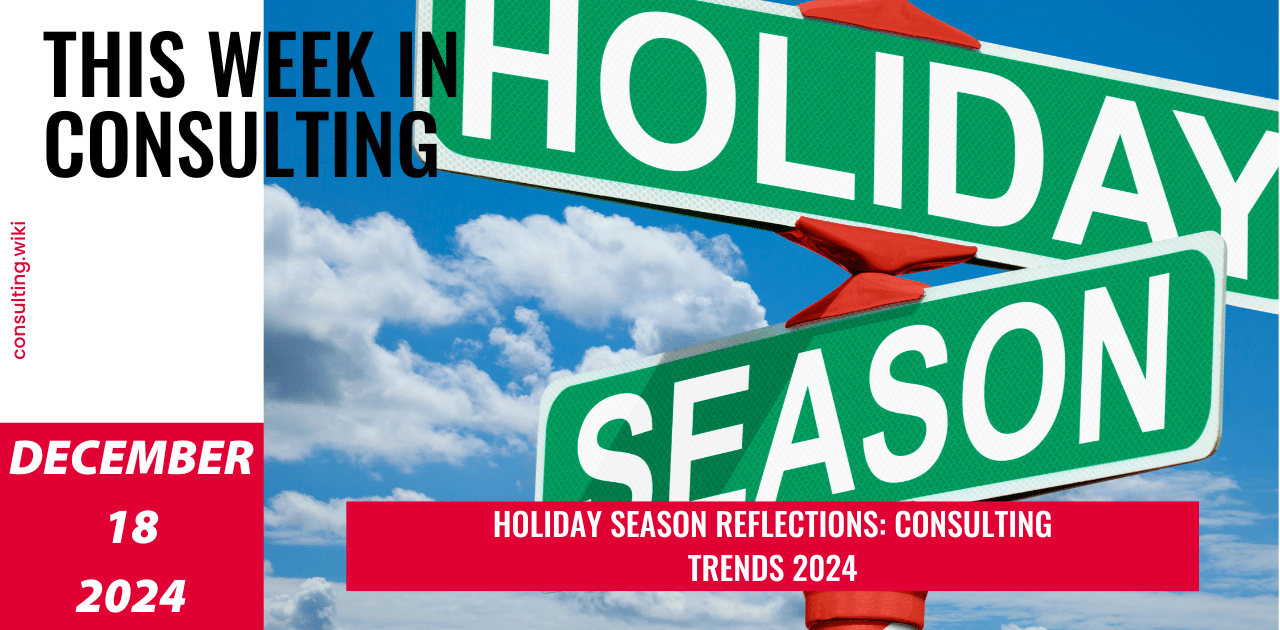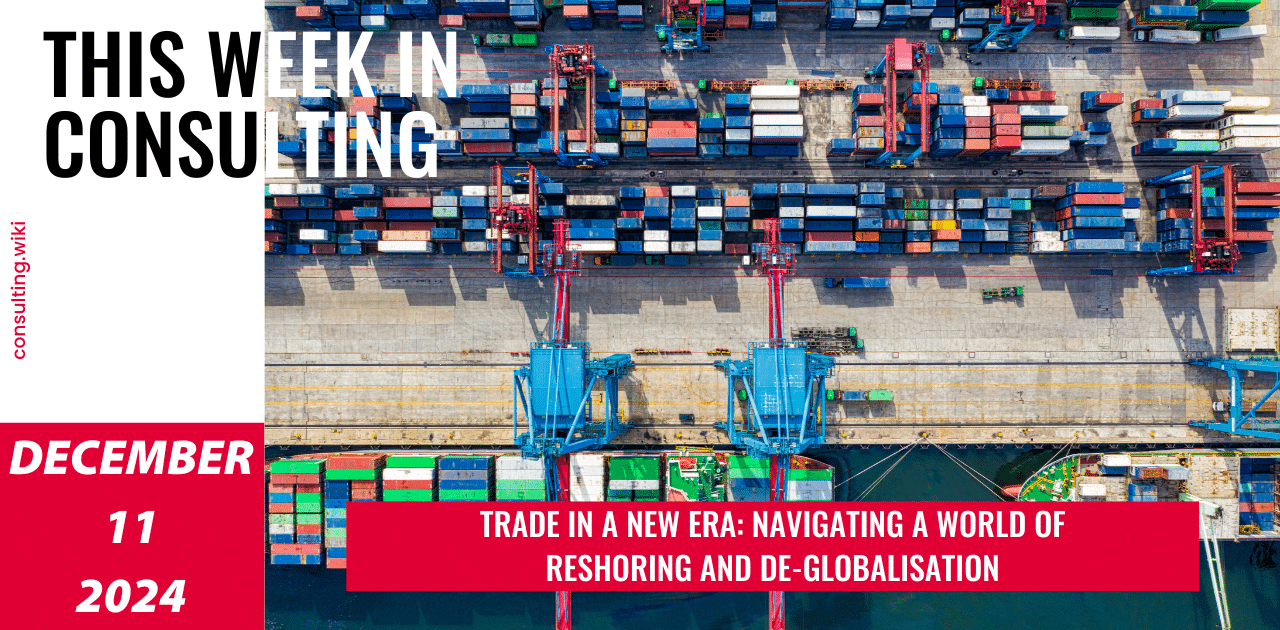
Getting the Best of Both External and Internal Consulting-Is Like Getting a Special Night at the Louvre
Airbnb and the Louvre are teaming up for a special campaign that offers an unforgettable night with exclusive visits at the museum, to one lucky winner who likes to travel and is passionate about art. It definitely sounds like a fresh and exciting idea! The same idea of combining the best of two different worlds pretty much applies to Internal and External Consulting.
Every business leader should be able to select and work with the best consultants for each project, regardless of whether they come from an Internal Consulting group, or an External Consulting firm.
And every business situation at hand, in some cases will be better served by the Internal group, and in other cases, the External Consultants will provide the expertise the Organization lacks.
We can safely say that both types of Consulting have advantages and disadvantages, and it all comes down to making the best selection when evaluating which experts are the best fit for your project.
Read also...
Markets and conditions constantly change, but a progressive system of evaluation of Consulting projects, established within your organization, can produce desired results on a regular basis.
6 Points to Consider When Working with Internal Consultants–
-
Identify your Consulting needs in the next 3 to 5 years and consider developing an efficient Internal Consulting Group to serve these needs.
-
Establish a clear value proposition for your Internal Consulting Group in order for them to deliver sustainable results. Even though you want the group to remain flexible, their core expertise and focus have to be very clear. The group should describe the topics where their knowledge will have the most significant impact but also the subjects they will not touch under any circumstances.
-
The group has to demonstrate its value to the rest of the organization. The group has to win projects thanks to a superior impact on the organization.
-
When projects have failed, many companies appear to have tried to force using the internal Consulting Groups. The exact opposite effect happens then, and the Internal Groups is singled out as the root cause for project failure.
-
Funding of the Internal Consulting Group – even though the team could be set up through an injection of corporate funds, they need to be able to fund itself by charging the internal clients. If the internal clients don’t see the value in it, the group will be short-lived.
-
Select the best fit based on your context and objectives -Like any other consulting firm, an internal consulting group has its own Consulting DNA, which takes its roots in the creation of the group and the profiles of the managers. Unless you have an extended internal consulting group, the skills and experience of your consultants will probably be focused on a few capabilities: this is where you want to use them. If you are dealing with a project that will span over a long period or requires to connect strongly with the teams, blend in to create buy-in, or potentially manage sensitive issues, the Internal Consulting team will be your preferred option
6 Points to Consider When Working with External Consultants –
-
External strategy consultants can bring in important advantages, many of them corresponding with the perceived weaknesses of internal strategists. Their specialist knowledge and experience can fill in the gaps the business has internally.
-
External consultants can deliver excellent results, and make a real impact on the business. However, Clients need to be crystal clear in project definitions and tasks. If they leave room for interpretation, there can be misunderstandings and unsatisfactory results.
-
They can ease the acceptance of stricter and harder decisions. When consultants are used to helping implement painful decisions such as cost-cutting or making sure that teams are delivering synergies at an accelerated pace, good relationships are challenging to sustain. For Internal consultants to manage a situation like that can be tricky. However, to External consultants, who are transiting once the project is complete, is easier to do that, and there are no long-lasting consequences. In that case, working with External consultants can be a better solution.
-
They are more objective. They won’t have to deal with internal politics and personal or sensitive issues. We can assume they will be more unbiased too.
-
Based on years of experience, they can contribute and apply successful insights and practices from other similar projects.
-
Your make-or-buy decision process can cover both options and you can integrate your Internal Consulting Group in the competition for projects where their skills and experience could be an advantage. Also using a Hybrid team of External and Internal Consultants, can be a viable option for getting the experts’ support you need, ensure knowledge transfer, and reduce your costs at the same time.
How to Decide Which is Best?
It’s important to always measure the performance of your projects.
When you are running projects through your internal Consulting Group, it is essential to measure the impact of the projects and the satisfaction of the internal clients. Having feedback on their work is a fantastic tool to build improvement and development plans. Your internal consulting group will be able to grow their skills on the right dimensions and serve better their internal clients. It is also a compelling way to convince internal clients to use their services while comparing with similar external service providers.
When deciding on your next project it is worth evaluating all the elements, and pick the team of Consultants that is best suited for the project, one who is prepared to deliver the best results.
If you are planning to launch a new Consulting project,
let us help you with finding the best Consultant.
Feel free to contact us today, to learn more about Consulting Quest and allow us to learn about your organization, needs and goals.
Hélène Laffitte is the CEO of Consulting Quest, a Global Performance-Driven Consulting Platform and author of “Smart Consulting Sourcing”, a step by step guide to getting the best ROI from your consulting. With a blend of experience in Procurement and Consulting, Hélène is passionate about helping Companies create more value through Consulting.




